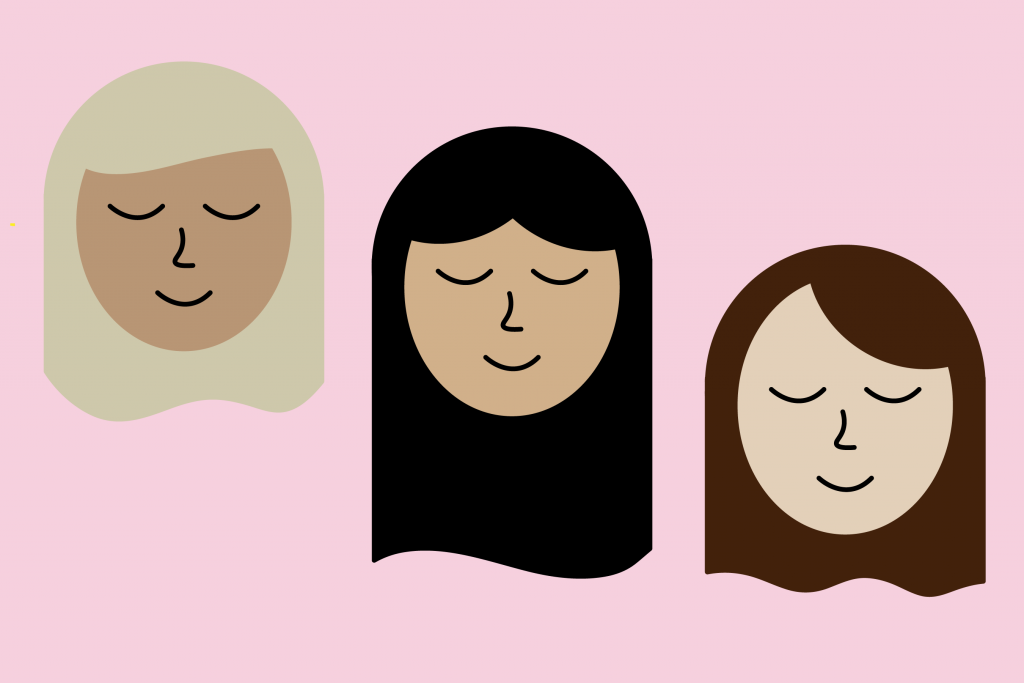Binghamton University offers various resources to those who have experienced forms of sexual abuse.
According to the Rape, Abuse & Incest National Network (RAINN), college women aged 18-24 are three times more likely to experience sexual violence. Around one in five college-aged female survivors received assistance from a victim services agency. There are many services of this type available at BU for students to take advantage of.
The Violence, Abuse and Rape Crisis Center (VARCC) provides a space for anybody to report incidents of sexual violence. According to its website, VARCC provides a supportive environment for students and has private and confidential service providers there to aid anyone in need.
Anna Jantz, the advocate and senior case manager at VARCC, explained that sexual violence impacts all communities, and that there is a responsibility to hold the offenders accountable.
“The healing journeys of victims of sexual violence can look different from person to person and must be centered on empowerment and choice,” Jantz wrote in an email. “This is why BU having such a wide range of resource options for survivors to use, such as counseling, case management, community resources and advocacy, is so important. In order for there to be long and short-term changes related to sexual violence in our communities, it is vital that we openly challenge concerning behaviors, normalize help-seeking and continue to educate ourselves to be better community members.”
When making an appointment at VARCC, students can meet with team members that are either a confidential or private resource. Confidential resources cannot report cases, unless there is risk of immediate harm. However, private resources are obligated to report cases of sexual assault or relationship violence while still assisting and counseling along the way.
Another service available at BU is the Consultation, Advocacy, Referral and Education (CARE) Team, an advocacy partner of VARCC. According to its website, the CARE Team specifically helps with short term planning and coordination of care for victims.
Colleen Rozelle, the associate director of Case Management Services, gave an overview of the services provided by the CARE team.
“The CARE team is always looking at ways to better serve our students,” Rozelle wrote in an email. “As of spring 2023 our office now offers University [Intimate Partner Violence (IVP)] Preventions services. The IVP program through the CARE Team is a primary prevention program aimed at preventing dating violence, domestic violence, sexual violence and stalking. All programming is informed by best practices and is inclusive, culturally relevant and responsive to the [BU] campus community.”
The University Counseling Center (UCC) is another on-campus resource for those recovering from sexual abuse. Mark Rice, the clinical director at the UCC, said the service provides consultation, counseling, crisis intervention and referral services. Students can also set up an initial consultation meeting to discuss their concerns and get support while learning about the benefits of counseling.
Rice explained why he thinks it is important for students who have experienced this kind of abuse to seek help.
“Survivors of sexual assault often feel shame, guilt, disorientation, betrayal or other painful reactions,” Rice wrote in an email. “Having a safe, confidential and compassionate space to discuss whatever survivors are ready to share can be deeply transformative. Counseling can initially help survivors with issues such as shock and safety planning and connecting to helpful resources. Over time, counselors can build trust and guide survivors on a broader journey of recovery and healing.”
The 20:1 Interpersonal Violence Program provides interpersonal violence prevention and bystander intervention programming for students, according to its website. Students will learn about topics such as sexual violence prevention, affirmative consent, victim blaming and dating violence. The Title IX Office is another resource available for students. Title IX reviews the legal rights that students have after experiencing sexual abuse on campus. Some of these rights include making reports to law enforcement or making decisions about whether or not to disclose certain crimes.
Lauren Parrotta, the public relations chair for BU’s chapter of She’s The First — a nonprofit organization that advocates for women’s rights — and a sophomore majoring in accounting, expressed her thoughts on the significance of these resources in a college setting.
“I think there are great resources on campus for those who have experienced sexual violence,” Parrotta said. “It’s important for people to feel heard and be around those who know how it feels. It’s good for them to feel included and create a safe space on campus.”
Kate Halpin, a freshman majoring in geology, explained why she feels these resources are crucial, not just for those who have experienced sexual violence, but also for anybody engaging in sexual activity.
“It is important to have the resources available to make sure that students are having sex safely and there are no unwanted sexually transmitted diseases,” Halpin said. “Having educational resources and awareness is important too.”



